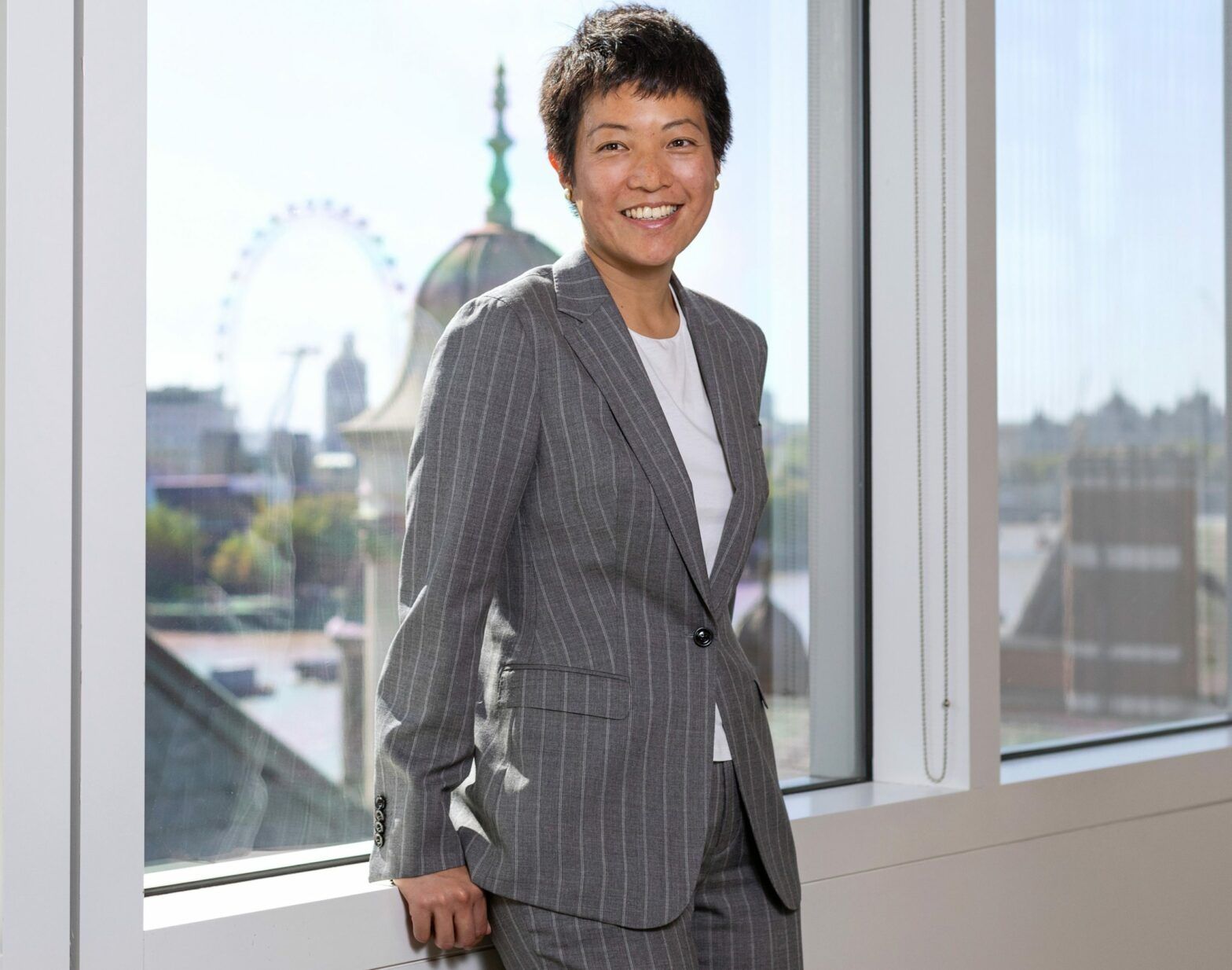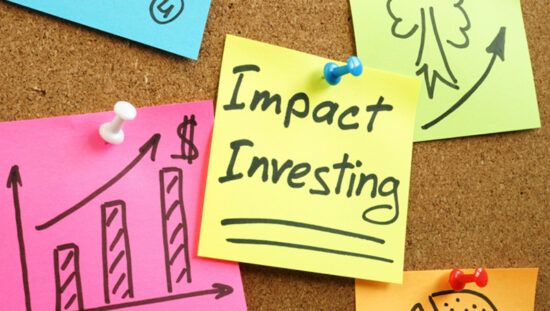Jennifer Wu, global head of sustainable investing at JP Morgan Asset Management (JPMAM), has shared how she is engaging with companies during the recent downturn, as well as her predictions for the lessons that will be learned when the world emerges from the covid-19 crisis.
Wu, who joined JPMAM last year from BlackRock, has said her engagement with companies has had a positive response as so many businesses are faced with challenges not seen before.
“They want to work with us, and as we interact with other companies, they want to what we think is best practise,” she said.
Specifically, she added, she has asked how they are coping in the crisis and the new measures that have been put in place.
“[How are they] helping employees
to work remotely, while providing the flexibility
such that they can also deal with personal and family needs.
”Also, how are they helping customers and suppliers, and going forward what should they be learning from this experience and what can they do to prepare for another crisis.
“This is a universal issue.”
Additionally, for the companies that are involved with natural resources, she has suggested they narrow their focus on to the management of these commodities.
“Companies that manage their usage of, for example, energy and water efficiently, run a lean operation that tends to be more resilient to shocks, such as a drastic downward adjustment in sales and revenues or even increase in costs to mitigate crisis, such as now,” she said.
At the macro level, she added, the recent volatility seen in oil prices as a result of the shutdowns imposed to limit the spread of coronavirus, prompting a global fall in oil demand, should encourage leaders of economies reliant on oil to have a rethink.
“I think we will see oil producing countries and companies continue to be more volatile. This provides these countries more of an incentive to start divesting their revenues.
“When crises like these happen, there are huge fluctuations in oil and gas prices. These countries suffered immediately, and they will not recover soon. As a result, we could see these countries decarbonising their economies.”
However, Wu added that various climate change initiatives and policies look set to be pushed back as attentions are focused on the immediate spread of the crisis, even though both pose a threat to human life.
“There will be some noise in the market – we have already seen this in Europe – about the climate summit COP26 being delayed and some green policies being put in place later, such as an ECB policy to invest in the green economy.
“At a time like this, we should continue to be helping to boost the economy and create more sustainable jobs. We should be focusing on the most sustainable industries in the long run,” she said.
In February, JPMAM advanced its commitment to sustainable investing by unveiling a series of initiatives including the development of a proprietary ESG framework, prioritising investment stewardship work in five key areas, as well as signing up to Climate Action 100+.








